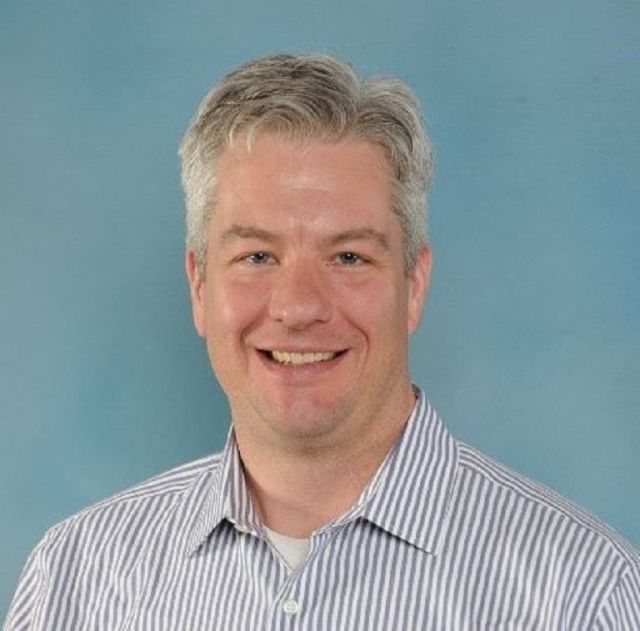Scott Banta, Ph.D. Professor, Columbia University, Extreme makeover: Engineering a thermostable alcohol dehydrogenase for biotechnology applications

Seminar
This BIOE 225 Seminar will be hosted in person.
Speaker:
Scott Banta, Ph.D.
Professor
Department of Chemical Engineering
Columbia University
Faculty Host
TBA
Title: Extreme Makeover: Engineering a Thermostable Alcohol Dehydrogenase for Biotechnology Applications
Abstract:
The alcohol dehydrogenase D from Pyrococcus furiosus is a thermostable oxidoreductase enzyme with broad substrate specificity. We have engineered just about every facet of its enzymatic activity including its cofactor specificity and substrate specificity. We have engineered it to use a non-native cofactor, which improves biofuel cell performance. We have introduced a calcium-binding peptide, enabling cofactor selectivity to be dynamically tuned. We have used super-charged proteins to alter the catalytic microenvironment without active site mutagenesis. And we have used directed evolution to eliminate the catalytic activity of the enzyme and convert it into an explosive-binding protein for biosensor applications. Finally, we have developed new theory-based figures of merit for comparing the performance of bi-reactant and other multi-reactant enzymatic mechanisms.
Research:
Scott Banta’s research focuses on applying protein engineering, metabolic engineering, and synthetic biology tools to solve a variety of important problems in bioengineering. Protein engineering involves the modification of proteins and peptides in order to produce new molecules with novel traits or functions. Metabolic engineering refers to the characterization and improvement of networks of enzymes to obtain desired new goals. And research in Synthetic Biology aims to design and create non-natural biological systems. These pursuits can be used to bring about new solutions to problems in biotechnology, nanotechnology, biomedical engineering, bioprocess engineering, environmental applications, and bioenergy research.
Research in the Banta Lab has several areas of focus. The lab has been engineering a unique beta-roll peptide sequence that can transition from an unfolded-state to a folded-state upon addition of calcium. This leads to a variety of useful applications including protein hydrogel formation, protein purification, and more recently, biomolecular recognition. In another protein engineering project, his group has engineered just about every aspect of a thermostable alcohol dehydrogenase enzyme including, cofactor specificity, substrate specificity, activity with non-natural cofactors, self-assembly, and binding of non-natural molecules. His lab also works on the development of new protein/protein and protein/nanomaterial interactions for multi-modal and multi-step catalytic processes, with the goal of engineering substrate channeling between active sites. He has an ongoing interest in developing strategies to create biochemicals from CO2 using renewable electricity (electrofuels) or from industrial process streams. He recently started a company, Ironic Chemicals LLC, with Professor Alan West in chemical engineering to create biofuels using copper mining waste.